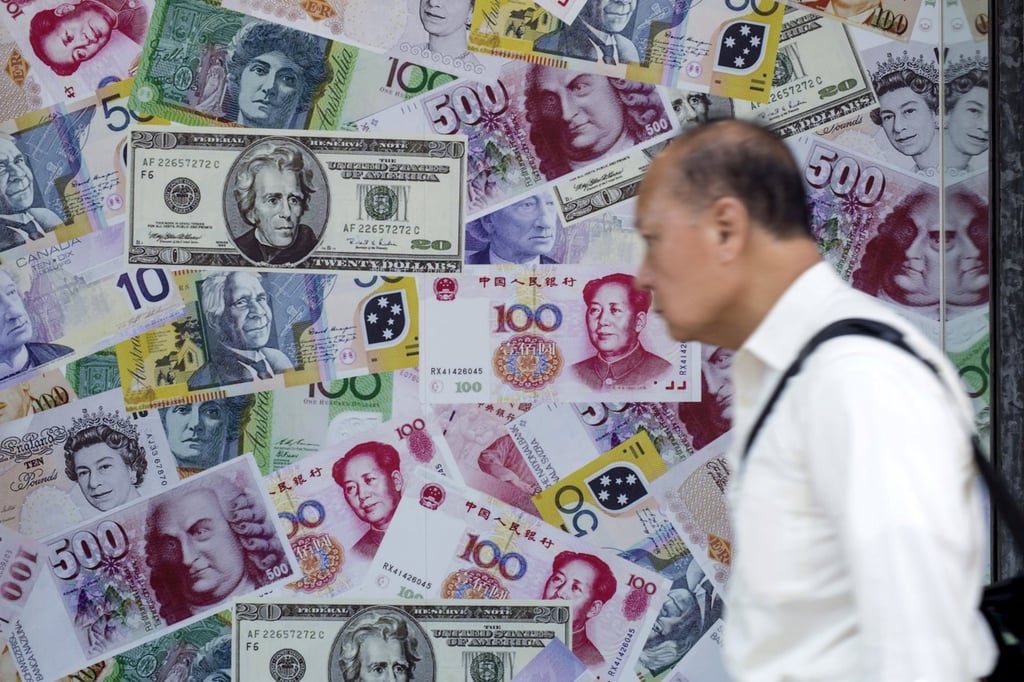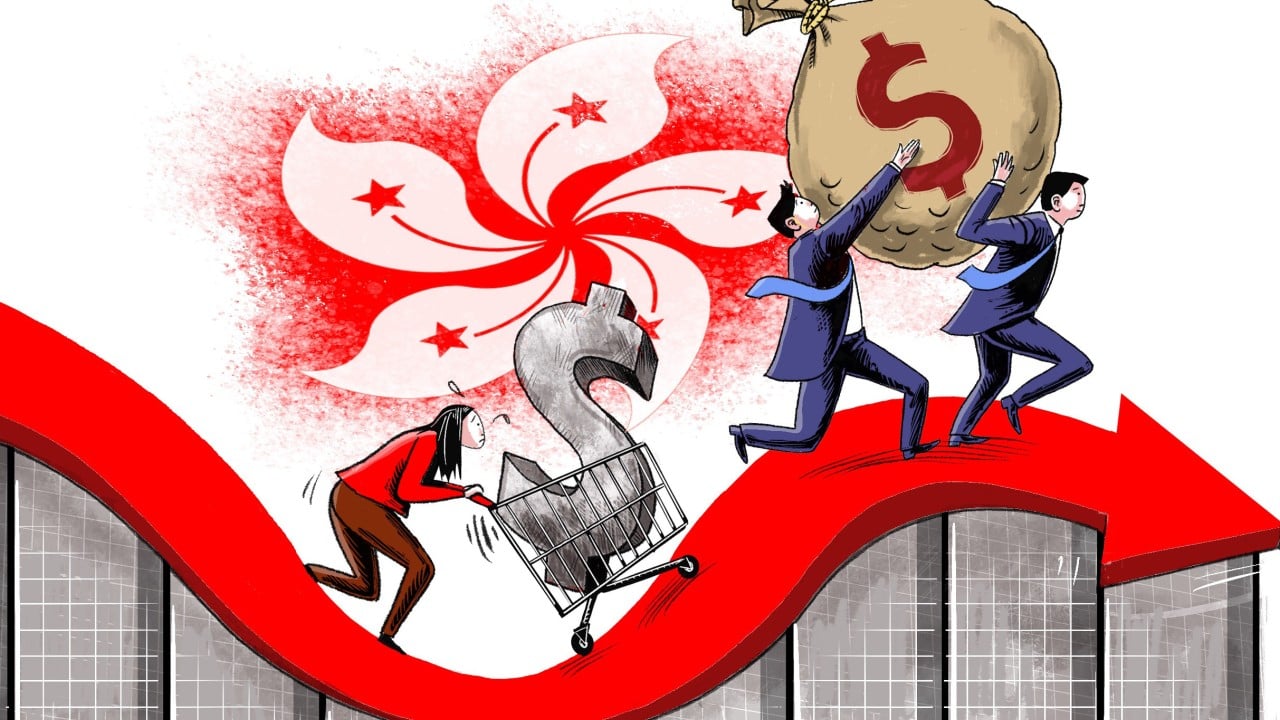After several years of challenges, the Hong Kong economy is showing surprising strength. This has largely come about due to a rebound in financial services, with sectors in Hong Kong not involved in finance still stuck in a slump.
Advertisement
However, a bit of recovery is better than none at all, especially since 2025 had been expected to be tough for Hong Kong, which is caught up in the geopolitical tensions between China and the United States. Ironically, it’s those precise anxieties that have brought relief to Hong Kong. Crisis becomes opportunity as the Chinese government moved decisively last year to boost Hong Kong’s status as an international financial centre.
The Hong Kong stock exchange has become the world’s busiest in terms of initial public offerings (IPOs) this year. Beijing is supportive of mainland Chinese companies wishing to raise capital in Hong Kong, making it easier to do so. Indeed, there is good reason for Chinese companies to turn to Hong Kong. Funds are raised in the Hong Kong dollar, a fully convertible currency that can be used for global transactions.
Other push and pull factors are at work too. Facing a tide of anti-China sentiment, Chinese entrepreneurs are generally no longer attracted to listing in New York. For the 286 mainland Chinese companies already listed in New York, there is a “homecoming” trend of seeking an alternative listing in Hong Kong, amid reports that the US government may delist them. Consequently, Hong Kong is playing a more pivotal role for companies seeking funding.
Perhaps the factor that helps most is the sheer amount of Chinese money in the market. Without this money, it would be difficult for Hong Kong to find sufficient demand for its growing supply of IPOs and other financial products.

However, there is also an irony here, for Hong Kong may be an unintended beneficiary of the severe downturn in China’s property market. Much of Chinese household savings, previously focused on real estate investments, has fled into bank deposits, but some of the money is finding its way into Hong Kong’s capital market. Although the mainland is subject to capital controls, Hong Kong offers Chinese investors more flexibility with their money.

